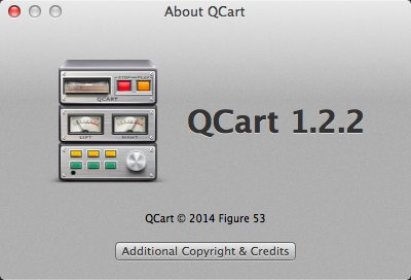

This is a multicenter, open-label, single arm study to evaluate the safety and efficacy of the combination therapy, CD30.CAR-T and the programmed cell death protein-1 (PD-1) checkpoint inhibitor, nivolumab, in patients aged 12 years of age and above with relapsed or refractory classical Hodgkin lymphoma (cHL) following failure of standard frontline therapy. NCT05352828: Phase 1b Study of Autologous CD30.CAR-T in Combination With Nivolumab in cHL Patients After Failure of Frontline Therapy (ACTION) The cell transfer therapy used in this study involves patients receiving an NMA lymphocyte depleting preparative regimen, followed by infusion of autologous TIL, then finally followed by the administration of IL-2.ĬD30+ Relapsed/Refractory Hodgkin Lymphoma LN-145 is a ready-to-infuse, autologous TIL therapy that utilizes an autologous TIL manufacturing process, as originally developed by the NCI and further optimized by Iovance for the treatment of patients with metastatic NSCLC. NCT04614103: Phase 2 Multicenter Study of Autologous Tumor Infiltrating Lymphocytes (LN-145) in Patients With Metastatic Non-Small-Cell Lung Cancer

Principal Investigator: Matthew Milowsky, MD, FASCO This study is designed to combine both T cells and antibodies to create a more effective treatment called autologous T lymphocyte chimeric antigen receptor cells targeted against the CD30 antigen (ATLCAR.CD30) administration. They both have shown promise, but neither alone has been sufficient to cure most patients. This research study combines two different ways of fighting disease: antibodies and T cells. The purpose of this study is to create a repository and explore the presence of modified T cells in the subject’s plasma or tumors. NCT05634785: Phase 2 Study of the Administration of T Lymphocytes Expressing the CD30 Chimeric Antigen Receptor (CAR) for Patients With CD30+ Nonseminomatous Germ Cell Tumors (NSGCT) This is a single center, open-label study aims to determine the safety of escalating doses of chimeric antigen receptor T cells (CAR-T) cells targeting the B7-H3 antigen administered via intraventricular infusion to adult subjects with relapsed or refractory glioblastoma. NCT05366179: Phase 1 Study of Autologous CAR-T Cells Targeting B7-H3 in Recurrent or Refractory GBM CAR.B7-H3Tc Patients who have failed treatment with autologous or allogeneic stem cell transplantation are eligible for this therapy.Īdult Immunotherapy Clinical Trials Relapsed or Refractory Glioblastoma
#QCART TRIAL TRIAL#
This trial studies the efficacy of CAR T cells targeting CD30 in treating patients with relapsed/refractory CD30+ Hodgkin lymphoma or non-Hodgkin lymphoma that expresses CD30. LCCC1532-ATL: Phase Ib/II Study of the Administration of T lymphocytes Expressing the CD30 Chimeric Antigen Receptor (CAR) for Relapsed/Refractory CD30+ Hodgkin’s Lymphoma and CD30+ Non-Hodgkin’s Lymphoma Relapsed/Refractory CD30+ Hodgkin’s Lymphoma and CD30+ Non-Hodgkin’s Lymphoma Both antibodies and T cells have been used to treat patients with cancers, and both have shown promise, but neither alone has been sufficient to cure most patients.The primary purpose of this study is to determine whether receiving -15 T cells is safe and tolerable in patients with relapsed/refractory neuroblastoma or relapsed/refractory osteosarcoma.

This trial combines two different ways of fighting disease: antibodies and T cells. LCCC1743-ATL: A Phase I Study of Autologous Activated T-Cells Expressing a 2nd Generation GD2 Chimeric Antigen Receptor, IL-15, and iCaspase9 Safety Switch Administered To Patients with Relapsed/Refractory Neuroblastoma or Relapsed/Refractory Osteosarcoma Relapsed/Refractory Neuroblastoma/Relapsed/Refractory Osteosarcoma


 0 kommentar(er)
0 kommentar(er)
